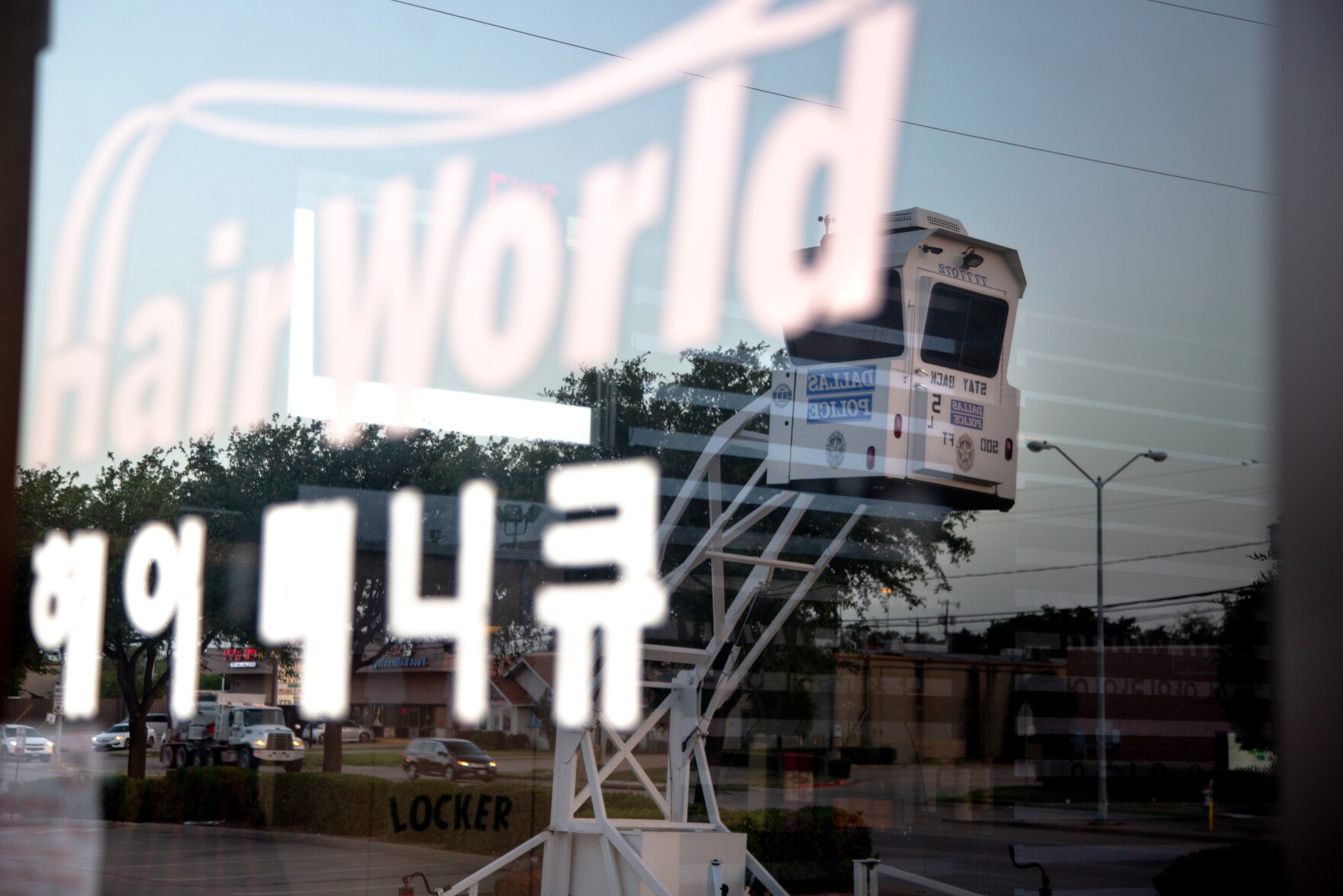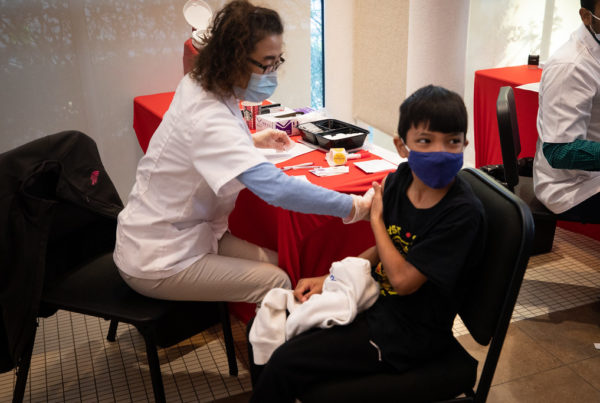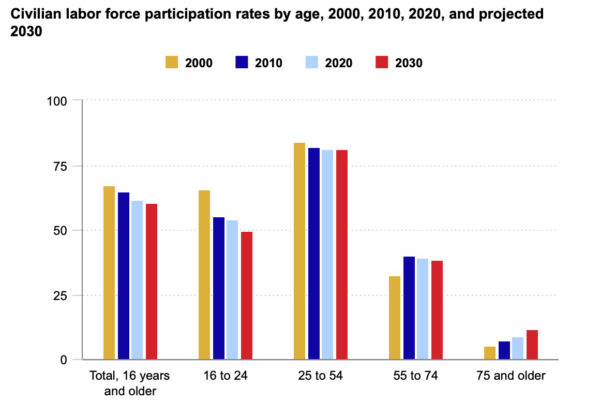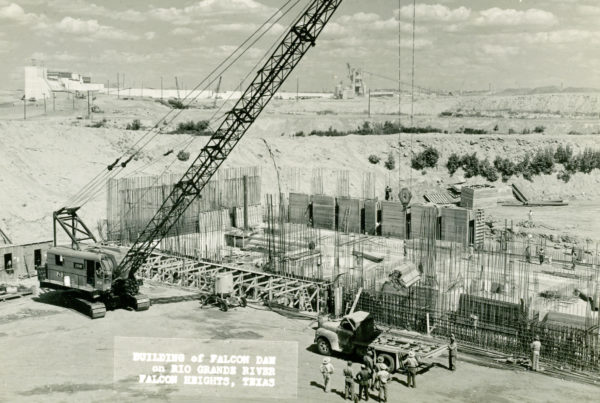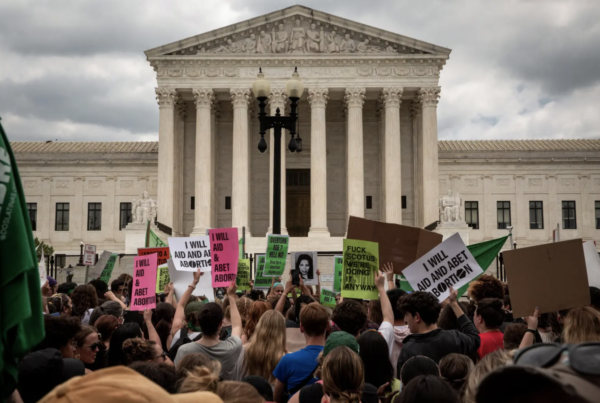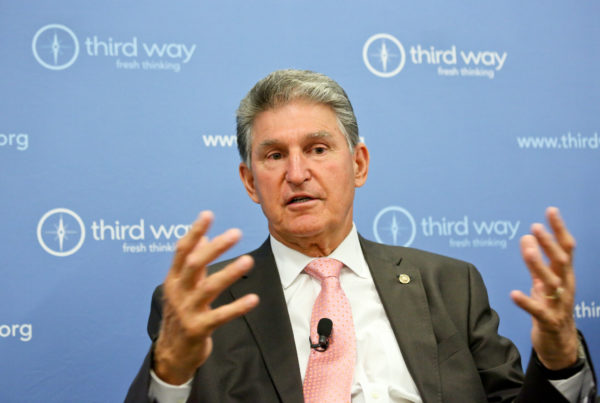From KERA News:
When Rachel walked into her restaurant’s kitchen, she found a stranger there grilling spam. She said he appeared to be homeless.
She offered him money but he wouldn’t leave. Then some of her customers left out of fear. He eventually took some of her mail and left. Shortly after, the police arrived.
“I kept asking the police to come,” the restaurant owner said. “For two hours, there was no word of coming, no word on what to do, no response from the police.”
The shooting at a salon in Dallas’ Koreatown two months ago wounded three women of Korean descent, revealing fault lines between the Dallas Police Department and the people who work in the community northwest of downtown by I-35. Rachel and other business owners want the police to do more about crime in the area. Police say they’re working hard to make Koreatown safe, but some officers are frustrated that crime victims are reluctant to speak to them.
Rachel owns a restaurant in Koreatown on Royal Lane. (KERA is not using her real name because she asked that she not be identified, fearing retaliation.) When the man came another time, she decided not to call 911. She later was told that several other business owners had unsuccessfully asked the police to come out after the man came into their shops.
After the shooting, police urged business owners in the area to report even the most minor of crimes. DPD installed a watch tower and increased car and bike patrols. But building trust in the area — which is dominated by Korean-owned businesses — at best, is a work in progress.
Business owners point to a history of slow response times, as well as language and cultural barriers. And some still feel they’re not getting the help that they need.
“To be honest now, after that incident [Koreatown shooting], the police came here a few times and said, ‘Hey, we’re taking action now’…but now we have distrust.”
John Jun, vice chair of the Korean-American Coalition DFW and a Coppell council member, said other Koreatown business owners have told him they felt more supported by the police before the pandemic.
“A lot of the business owners feel like they don’t get the immediate response, like in the old days,” he said. “There might be a sense of a feeling that they’re not getting the help when they call — and that’s part of the frustration they’ve had.”
Seeking empathy & connection
Rachel would like to see more empathy and interaction with the police. She said that would’ve helped her feel less stressed and fearful.
After she told a police officer that the man had left her kitchen, “he just left without asking ‘has anything happened?’ nor a reaction. Not even a report!”
If police couldn’t respond right away, she said dispatchers could’ve offered advice on what to do and be more understanding.
“…’Why don’t you try something? I’ll be there soon. Are you being threatened?’ It was not like that,” she said.
Rachel said she realizes police face staff shortages. But she wants officers to better explain where they’re coming from and provide clear guidance on how to handle situations like the one she experienced.
Bridging the gap
Trying to build relationships with Korean business owners in the area is not a new endeavor for the DPD. It launched an Asian American community affairs unit in the 90s and has worked to increase the number of Asian American officers, including those of Korean descent, on the force.
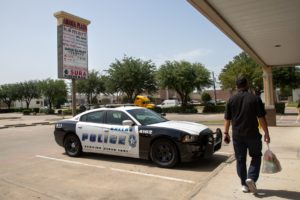
A person walks past a parked patrol car outside of Peridot Coffee with groceries in hand.
Despite her frustrations with the police, Rachel said she appreciates when a Korean officer is sent to her store — the cultural connection is important to her.
“When it comes to white police officers or other races, it is difficult to communicate and is uncomfortable,” she said. “But when the Korean police officer comes, I feel more secure, and I’m grateful for that. If something like this incident happens again, he will try to work harder.”
Around lunchtime, Senior Corporal David Kim stops into Ajumma, a Korean restaurant, to pick up some kimbap. After paying for his food, he talks to the restaurant owner about updating security cameras in the surrounding area. Two weeks after the shooting, he says it’s his first chance to stop by the area.
Officer Kim is one of 15 Dallas police officers who are of Korean descent. He’s part of the Northwest Division and a neighborhood police officer for the area adjacent to Koreatown.
He said he understands the frustration in Koreatown about response times. That, he said, is a citywide issue due to staff shortages. There are only so many officers to respond to emergency calls, which are organized through a priority system based on the type of crime and whether someone’s life is in danger.
“It may take anywhere between five minutes — or it could be a couple of hours, because right now we tried to get to the scene where the immediate police attention is needed,” Kim said. Whether it’s a shooting or stabbing, “those people need police attention right now.”
DPD recently announced plans to improve response times to lower-priority calls with new strategies, like creating a new civilian unit and taking more reports online.
Kim said even if business owners are frustrated by response times, it’s imperative that they call for minor crimes. He said DPD command staff decide what resources are allocated based on the number of calls coming from an area.
“When people are not calling in and you only have a three offense one month, we got to use that resource somewhere else where 20 calls or 30 calls are coming in,” he said.
Koreatown business owners would like to see an increased police presence, the permanent addition of the Dallas Police watchtower and more CCTV cameras, according to Korean Society President Seoung Ju Ryou. She helped conduct a survey of Koreatown business owners after the shooting, which asked questions about how they’re feeling about various public safety measures.
“It shows that a lot of people feel not secure yet, even though the police department caught the person,” Ryou said. “But still they didn’t feel safe.”
The concerns expressed by Dallas’ Koreatown business owners come at a time when there’s a nationwide increase in hate crimes against Asian Americans. In Asian American communities, the issue of increased policing has been a complicated subject that is often divided on generational lines. While many Asian Americans say more policing isn’t an effective solution, it’s become difficult to reach a consensus for the ideologically diverse group.
Last year there was a 339% increase in anti-Asian hate crimes from 2020, which already had record numbers, and most of the victims were women. Police Chief Eddie Garcia initially said the Koreatown shooting wasn’t a hate crime and then reversed his position days later. Now, the FBI has opened a federal hate crime investigation into the Koreatown shooting.
Kim said he assumes that in general some crimes are not being reported, but he gets the sense that’s in part due to cultural norms like a fear of authority that’s often found in immigrant communities.
He said it’s hard to track the data because some Asian Americans may be reluctant to report incidents to the police.
A surveillance camera was recently installed near Rachel’s business. Even so, parts were stolen from the car of a nearby store owner. She’s not sure if the owner reported the incident to the police.
“The cameras, even if they’ve been here now, nothing is safe and nothing prevents a crime,” she said. “So they feel hopeless, actually at this moment.”
Kim said when he reads Korean newspapers or websites, he finds stories of locals experiencing hate crimes but it’s not reflected in police records. Some people will even reach out to reporters or the Korean consulate office who then ask Kim to look into incidents.
“When I actually search for it with 911 calls or a police report, nothing shows up. So I don’t know if it actually happened or not,” he said.
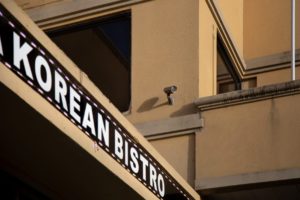
Koreatown business owners have installed more CCTV cameras around the area after the shooting.
Korean speakers who call 911 can speak with a translator. But Ryou, president of the Korean Society of Dallas, said many people are more likely to call her organization or other groups like hers instead of calling the police.
“They call us first because of the language barrier. They know where to call, what number they can call, but they’re afraid to talk in English,” she said.
Jun, the vice chair of the Korean American Coalition DFW, said the language barrier is an ongoing issue despite the translation service.
“It can only help having more Korean speaking officers out there who might be able to…overcome the language barrier,” he said. “I realize that when you call 911, there’s the translator. But it’s quite different than speaking to someone who is an officer that is fluent in the language and to be able to relate and connect.”
Education and relationship-building are the keys to bringing about more long-lasting solutions, according to Senior Corporal Soo Nam with the Dallas Police’s Asian American Unit.
Before last month’s shooting, Nam said police hosted quarterly town halls and appeared on the Korean radio station monthly to talk about crime and personal safety. And he said police recently hosted a pop-up shop at Komart — a popular grocery store in Koreatown — and handed out fliers.
Still, there are limits to what Dallas police can do. Nam and Kim are the only officers who are fluent in Korean.
A look forward
For many decades, 84-year-old Charles Park has been a community advocate for Korean Americans in North Texas.
Park, who has worked to bridge the gap between the Korean community and law enforcement, said the number of Korean police officers has grown over the years, but “with the small number” that’s not going to make a whole lot of difference.
He said there aren’t any top-ranking officers of Korean descent and he wants to see more in positions of influence.
Park has worked to build relations between Black and Korean American business owners.
He joined the FBI’s Dallas Citizens Academy in 2000. He said he worked with the FBI to catch gang members who had come from cities like L.A. to extort Dallas’ Koreatown shop owners.
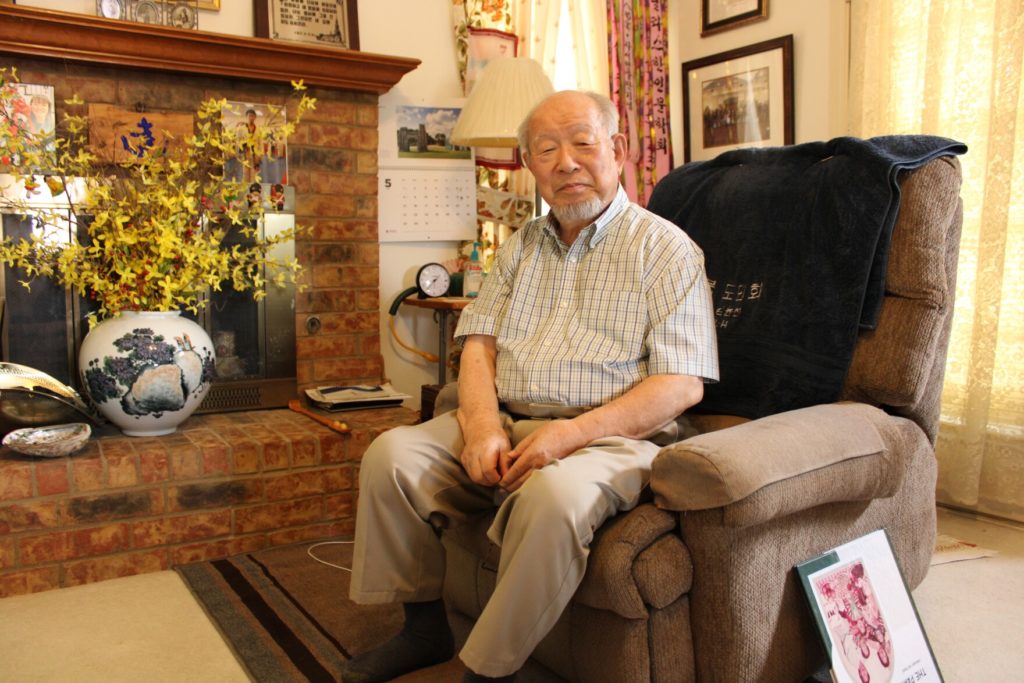
Charles Park sits in his home on May 18, 2022. Park moved to Dallas almost 50 years ago and has since become an influential leader in the Korean community.
Park said he believes cleaning up the district will help reduce crime. Some people think they can do whatever they want in the neighborhood because it’s not well-maintained, he said.
“The human mind is this: If there’s some area with a pile of trash, then you can spit there,” Park said.
He said it’s the city’s responsibility to clean up the roadways and address the homeless population that camps under the I-35 underpass. Park also wants to see efforts to limit the number of panhandlers in the area.
At a meeting with Dallas commissioner J.J. Koch, other Korean community leaders — including Hyun Kyum Kim, president of the Greater Dallas Korean American Chamber of Commerce — echoed Park’s call to clean-up Koreatown.
He also said the community needs a stronger identity.
“If Dallas city designated this area as a special district, they will put more attention on K-town,” Kim said.
Many of the businesses are Korean-owned, but it’s currently considered the Asian Trade District. A growing number of community leaders say officially calling the area “Koreatown” would help provide a sense of security and identity.
As community leaders and police debate over solutions, life in Koreatown goes on.
Rachel bustles around her kitchen preparing to-go orders and serving customers lunch. What she wants is very simple — and complicated.
“I have to protect my safety,” she said.


